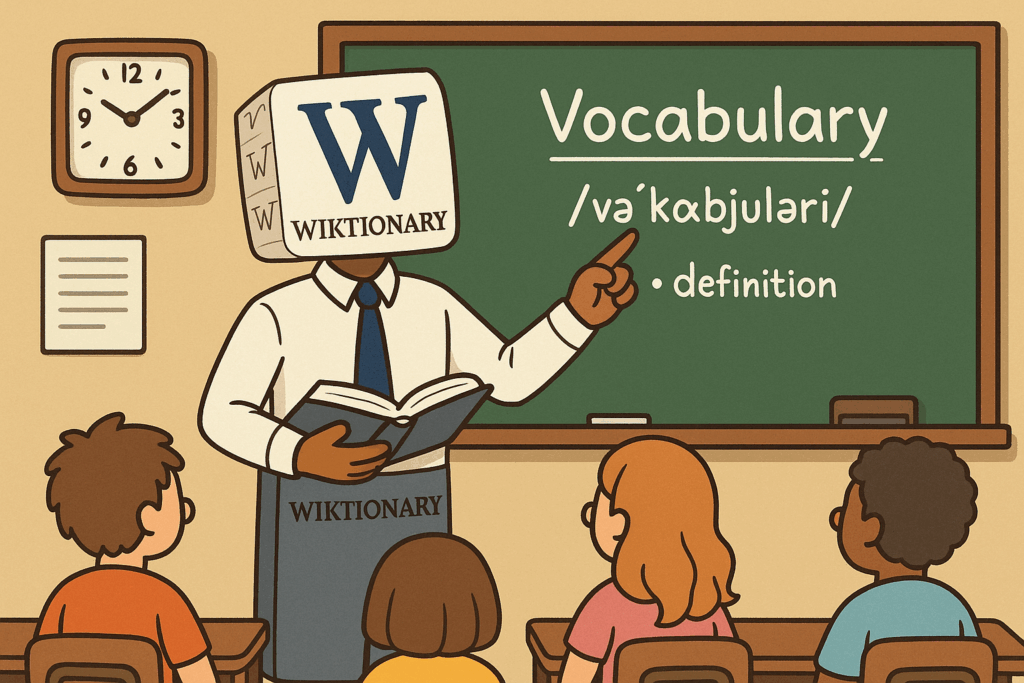Exploring Modal Words in Russian: Expressing Obligations and Needs
Learn 10 Russian modal words like нужно and должен to express needs and obligations! This guide for intermediate learners explores their grammar, syntax, and nuances, with practical examples. Master authentic Russian communication with these tips. Download the flashcards and enhance your skills—dive into the lesson now!










